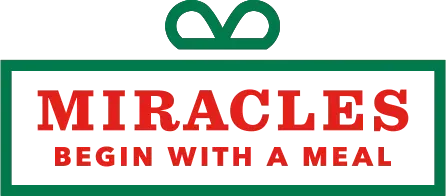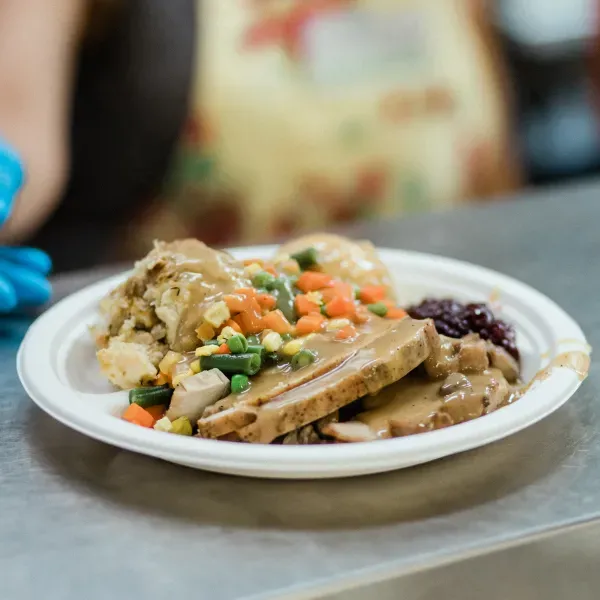Never in a million years does anyone expect to become homeless – and for Robert, it brought him to an end. Since coming to UGM for a hot meal and shelter, his hardships have given him a heart of compassion, and wisdom that inspires others toward addiction recovery today.
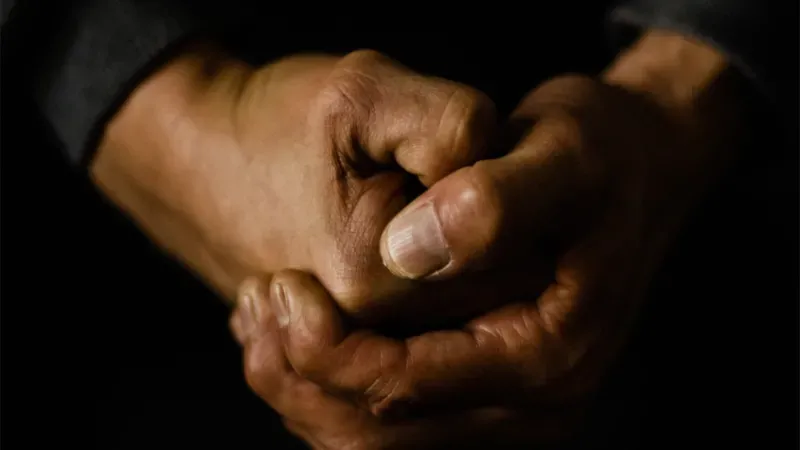
Robert's addiction started early, and was deeply rooted in anger
I started using soft drugs in my teenage years. At that age, you've got a chip on your shoulder because you remember what happened in the past. I grew up in a foster family, feeling like my foster mom was on me all the time because I wasn't her blood. But I also wasn't the best kid.
But at the time, I was angry and bitter, and drugs were how I coped with it. It's what numbed me on the inside, which I ended up doing for the next 30 years.
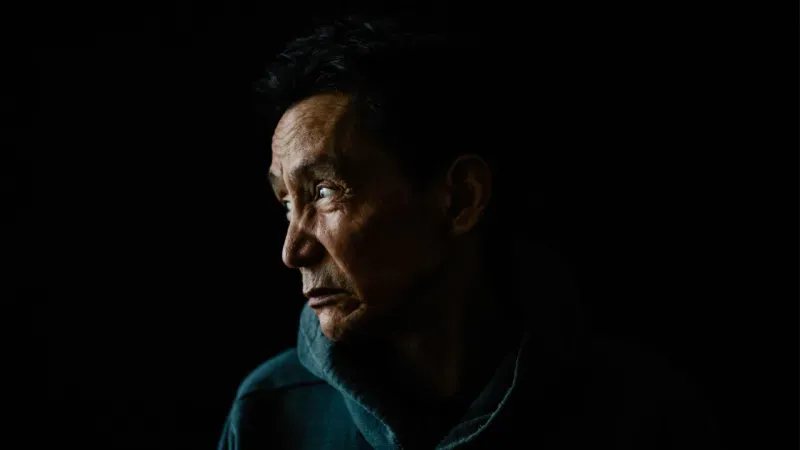
Robert's brash attitude and substance use compromised his integrity at work
As I got older, I started using more and using hard drugs.
I worked in the hospitality industry, devoted to my hotel for seven years. I was a good worker, and because of that, I thought I was indispensable. However, my using progressed, and my angry attitude started burning bridges.

See, I was never a yes person, and was always firing comments to my supervisors. That didn't get me anywhere; it only escalated, and I lost job after job.
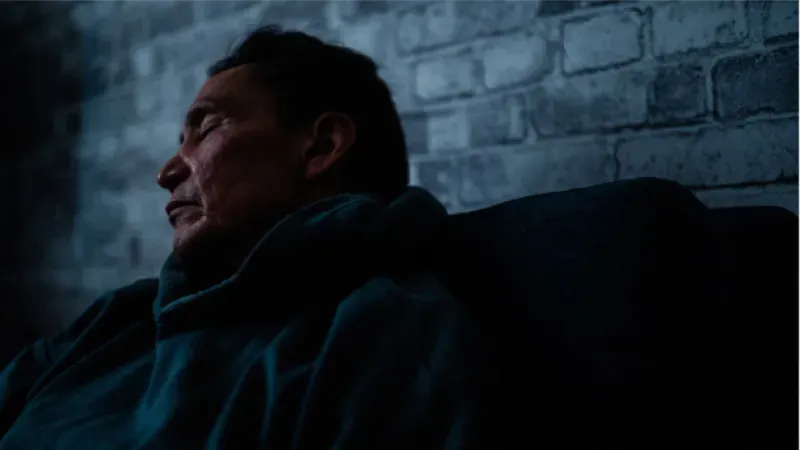
Tangled up in addiction, Robert was blind to what his habits really cost
You'd figure that would've been an eye-opener, but it wasn't. I was still angry at the world, and hadn't dealt with what was inside me. I was in a fog for so long, and I just kept on going.
I lost my place, and close friends of mine who I considered family kicked me out of their home. I'd never thought that could happen, because at the time, I lived for today. I didn't care about tomorrow.
I was a good person, but when you make wrong decisions, they can stick with you for many years.
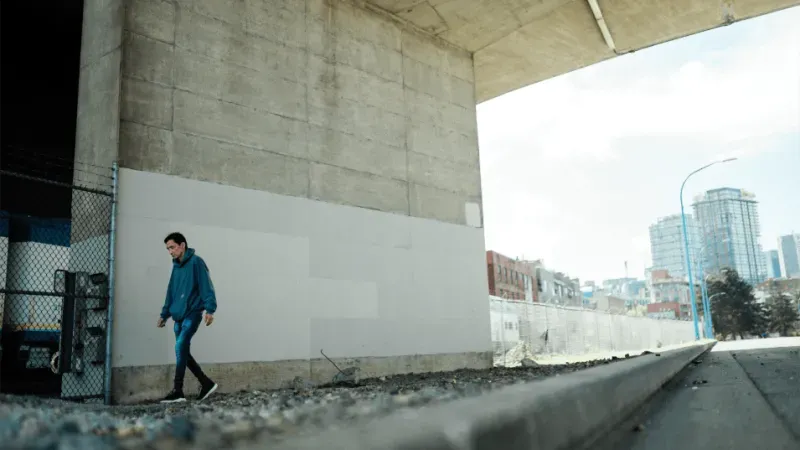
Experiencing homelessness gave Robert profound compassion
Homelessness was the eye opener for me. I never thought that would happen to me; in my 20’s and 30’s, I had an ego and thought, “I’m better than them. Look at these people. They’re too lazy to get a job.” I mocked them — and then it happened.
I stayed at UGM, and at shelters in New Westminster and Surrey. Becoming homeless was quite devastating, and standing in the meal line to eat was humbling. I kept thinking, “What happened? Where did I go wrong?”
When I was homeless, one of my best friends was really there for me. He saw me with my knapsack and asked, “What’s going on? You don’t have the glow you normally have.” I just told him, “Homeless.” He fed me, gave me smokes, and 20 bucks a week until I came to UGM.
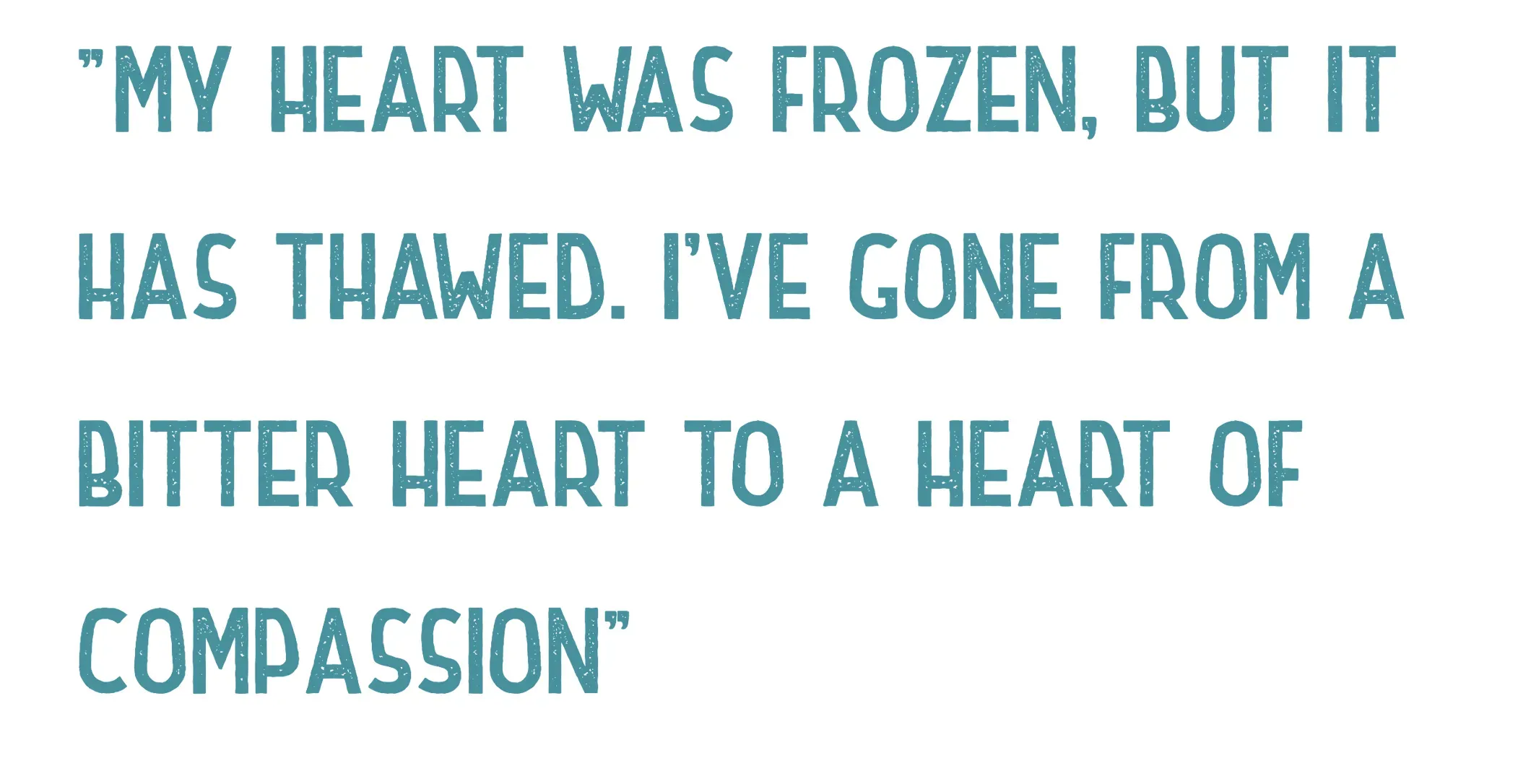
Because he did that for me, I now try to do that for others in my own way. When someone asks me for spare change and they're hungry, I'll buy them something and give them a few minutes of my time. I may not be able to help the entire world, but I can help one person.
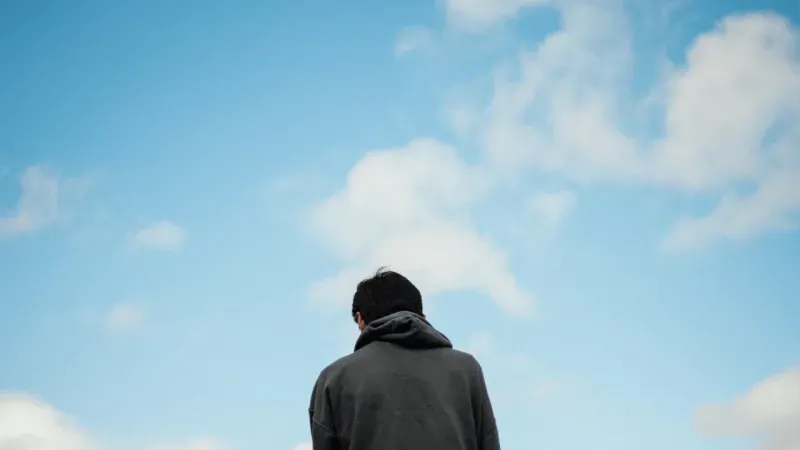
The cumulation of unresolved trauma, addiction, and homelessness brought Robert to an end
All the drinking and hard drugs made me want to die. I didn't care anymore, and I didn't know why I was so empty inside.
I've stood in the middle of the Pattullo Bridge, crying – ready to jump. I've taken a knife and put it to my neck, pushing and pushing – because I was messed up, homeless, and didn't know where to go.
This has happened a few times in my life, but eventually, I saw a sign of Jesus and His disciples all dressed in white walking towards my windowsill, and I realized I needed God.
From that, I learned that you've got to go through tough love and hard times to find out where you need to be, and what to do in life.
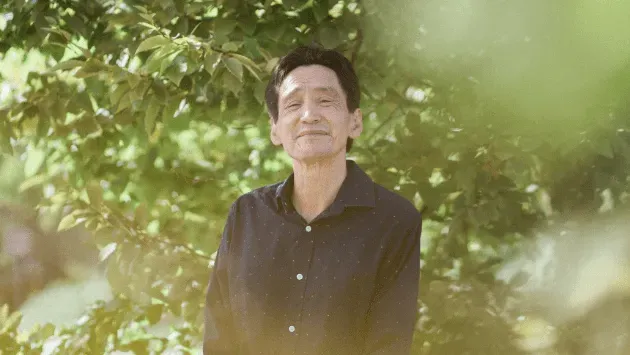
Robert has had a long recovery journey, but every bit has helped nourish his transformation
In 2005, after I'd been coming to UGM for food and shelter, came in and filled out an application. I had nowhere else to go, and I felt really fortunate to get into the program.
My first time in treatment, I didn't know anything about recovery. I read, listened in class, and attended meetings, but I didn't understand what God had to do with the 12 steps. But my counsellor and friends in the program did a lot to help me understand Christianity.
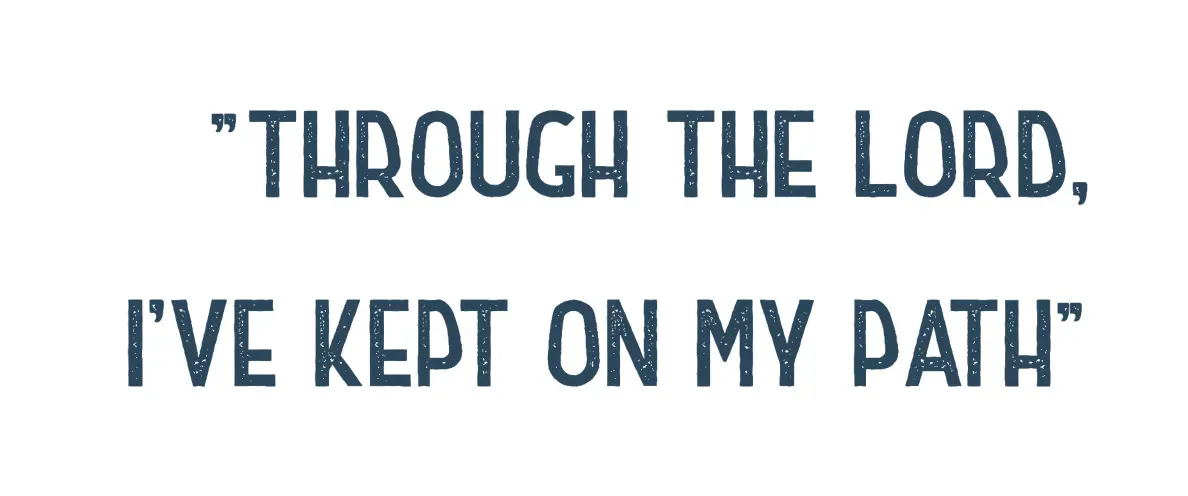
After I completed the program, UGM hired me onto the Maintenance team. I resigned after two years, after relapsing. I came back to the program because I knew the staff and felt comfortable here. It took me five times, in and out of recovery — at UGM for three — to finally get it.
The last time was when everything changed in me. I needed to get out of Vancouver for a while, and went to Wagner Hills in Langley. The mustard seed of faith had already been planted in me, and there, I absorbed the sermons more, my attitude changed, and my transformation began.
This year marks 10 years of sobriety. I never really imagined could achieve that, but through UGM and other programs — and especially through the Lord — I've kept on my path.
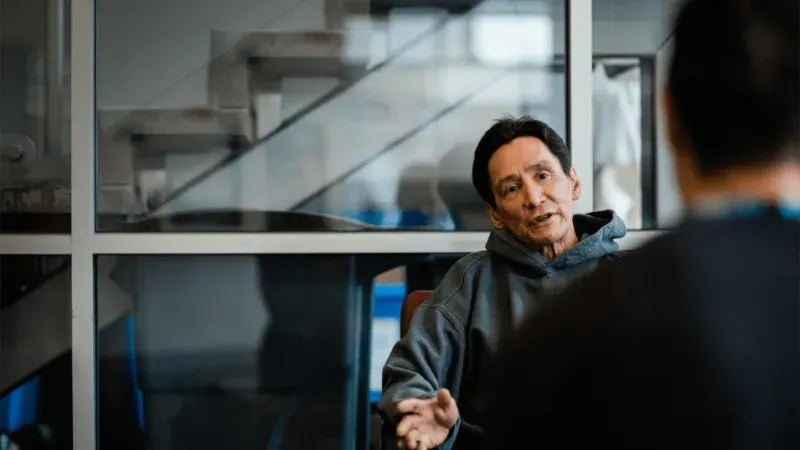
Church, community, and spiritual counsel are crucial aspects of Robert’s continued success
After recovery, I came back to Vancouver and lived in the community house at my church, Potter's Place Mission. From there, I started volunteering at their meals twice a day, went to Bible college, and went back to working in the hospitality industry.
I learned a lot in Bible college. Through the stories I read, I could really picture what Jesus went through. He never gave up, and that's what I had to do – not give up. It also changed me internally; I embraced forgiveness. That helped maintain my will to keep moving forward.
If I ever get angry, upset, or depressed, I have my pastor to talk to. I've learned that nothing is worth going back out on the streets for; I've worked too hard to get where I'm at to go backwards and lose everything.
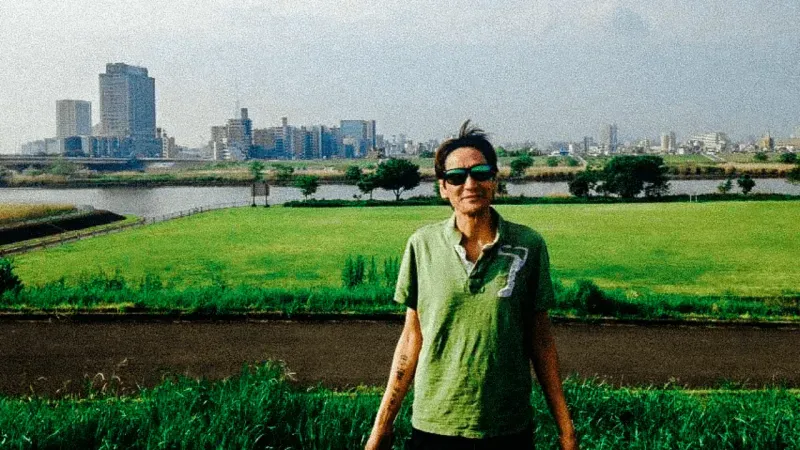
Since starting to travel internationally 7 years ago, Robert has gained a humble perspective of humanity
One of the very highlights of my life was in Japan, when my church was feeding people who are homeless. They asked me to give my testimony, and I told them, "When you're down and out, there's only one way to go — and that's back up. Wherever you are, the Lord can change it.”
I've also been to Manila, Philippines. My church donates food there, and supports Bible students. In Canada, we're quite blessed with organizations like UGM that feed people. But in Manila, they don't have that — so when I see someone hungry, I'll buy them something to eat because I know what it's like.
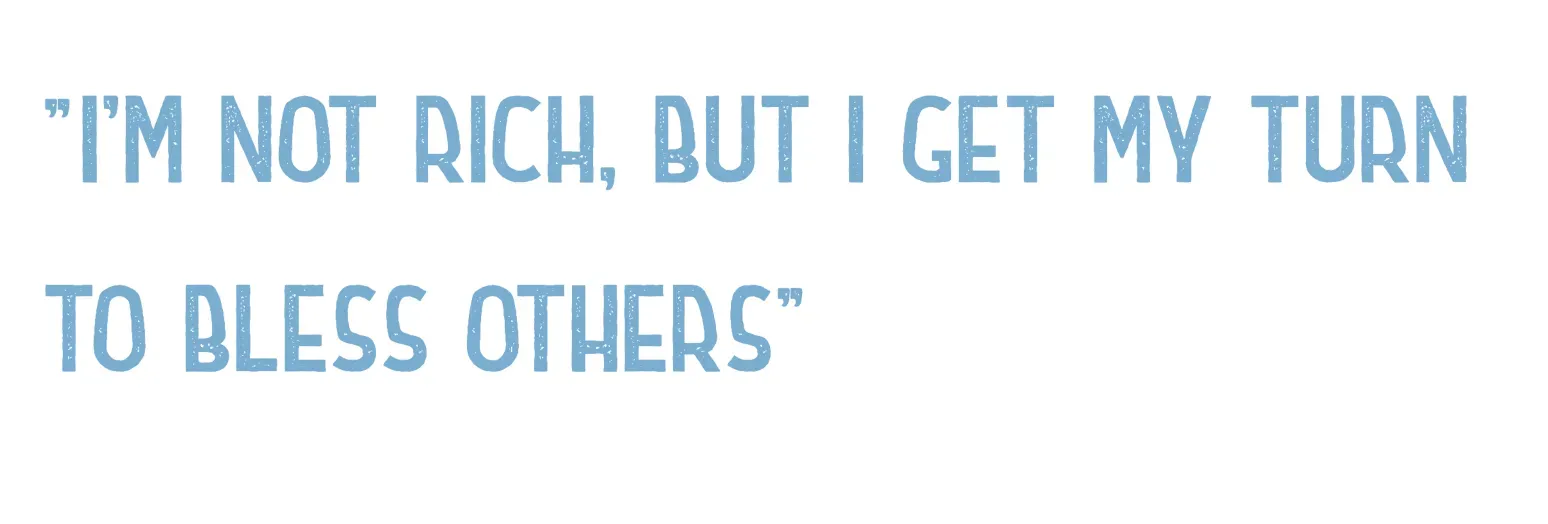
Another highlight is going to AA meetings and meeting new friends on the other side of the world. Because I've seen all shapes and forms of people, l've realized I'm no better, and I'm no different. Jesus is humble; he never mocked or disrespected anybody. I've learned to take the speck out of my own eye. We've just got to find compassion.
I think travelling is also good for my sobriety. On my nine year anniversary, I celebrated by sitting on the beach in the Philippines with a Marlboro. Travelling has shown me that when you clean up, you can do things; you don't need drugs or alcohol to enjoy life.
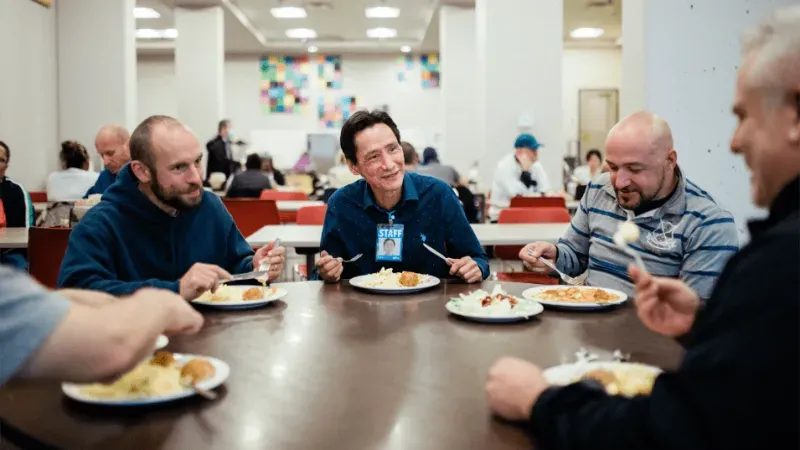
Robert’s heart is full of compassion, and he’s so grateful UGM helps bring people together
When homelessness was new to me, I was a hypocrite. I was too prideful to come stand in line for a meal — but pride doesn't feed your stomach, and everyone needs to eat.
And that's what so many people need — food, water, groceries for families. My prayer every day is that God would provide these. That's why UGM is wonderful; they do so much for people.
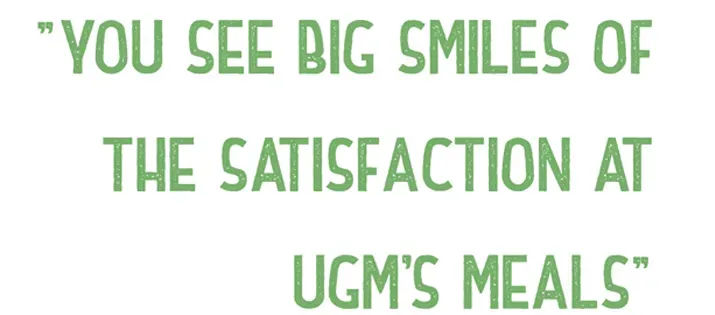
At UGM's big holiday dinners like Christmas, Thanksgiving, and Easter, people come from all over to share a meal. You see people lining up, and when they get their food, they have big smiles of satisfaction.
Despite my pride, when I was struggling, UGM didn't look at me any differently. They talked to me as a human, and as a friend. Now at these meals, I get to see old alumni, former co-workers, and friends I haven't seen in a while.
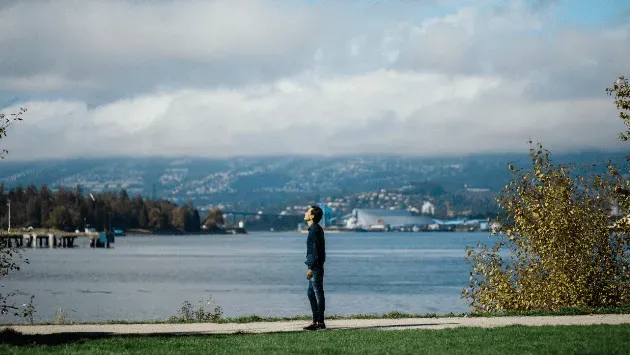
Robert continues moving forward, hopeful to inspire others recovering from addiction
My recovery is as good as it could be. Life will always be a journey, and there is no finish line — you just have to keep moving forward. Storms will hit us at all angles and speeds, but it's just a matter of how you react.
I've learned to keep a positive attitude about everything, and I thank God every morning that I'm alive. It's because of Him that I've overcome everything that's been thrown at me.
Through my 10 years of sobriety, I never thought that 13 years later, I would be back working at UGM. I still work in the hospitality industry 5 days a week, so being at UGM isn't about the money. It's about giving back, and showing the guys in the recovery program that transformation is possible.

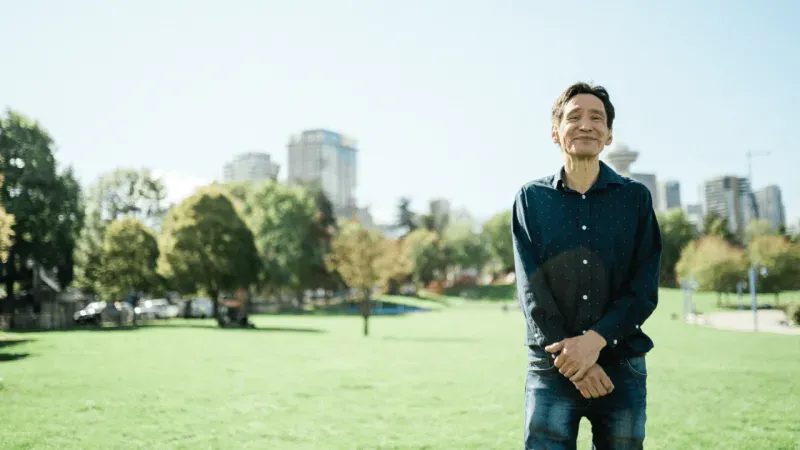
"Let us consider how we may spur one another on toward love and good deeds, not giving up meeting together, as some are in the habit of doing, but encouraging one another."
– Hebrews 10:24-25
This Christmas season, I'm most grateful for community. Every day, your heart to help those in need is building people up, and bringing them into a caring community. Every connection point at UGM — whether a hot, hearty meal, a warm winter coat, or the road to recovery — is extending your compassion, and giving life-changing hope.
In this issue of Gratitude, you read how this sense of unconditional love and support can be incredibly transformative. After experiencing encouragement at UGM in his deepest times of need, Robert has wholeheartedly embraced the community that changed him, and is now committed to giving back, protecting, and building others up toward renewal.
Ultimately, this is the inspiring impact of your compassion. You're not just transforming lives — you're empowering and transforming communities. By generously supporting UGM, you're providing a place for people to gather and share in life which can transform the mind, body, and spirit — so that poverty, homelessness, and addiction can be overcome for good.
Thank you for bringing together men, women, and families this Christmas. By providing experiences of safety, dignity, and joy, you're offering people a loving community, which will compassionately walk alongside them toward renewal.
Merry Christmas and God Bless,

